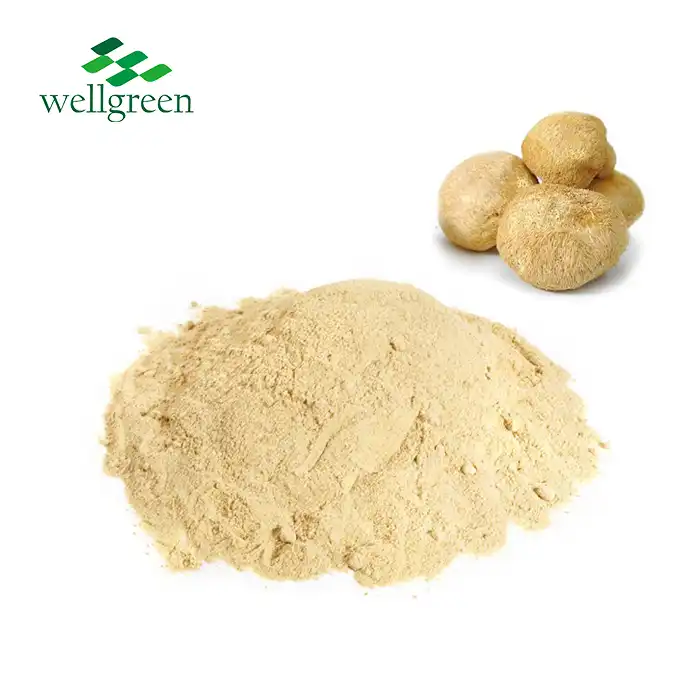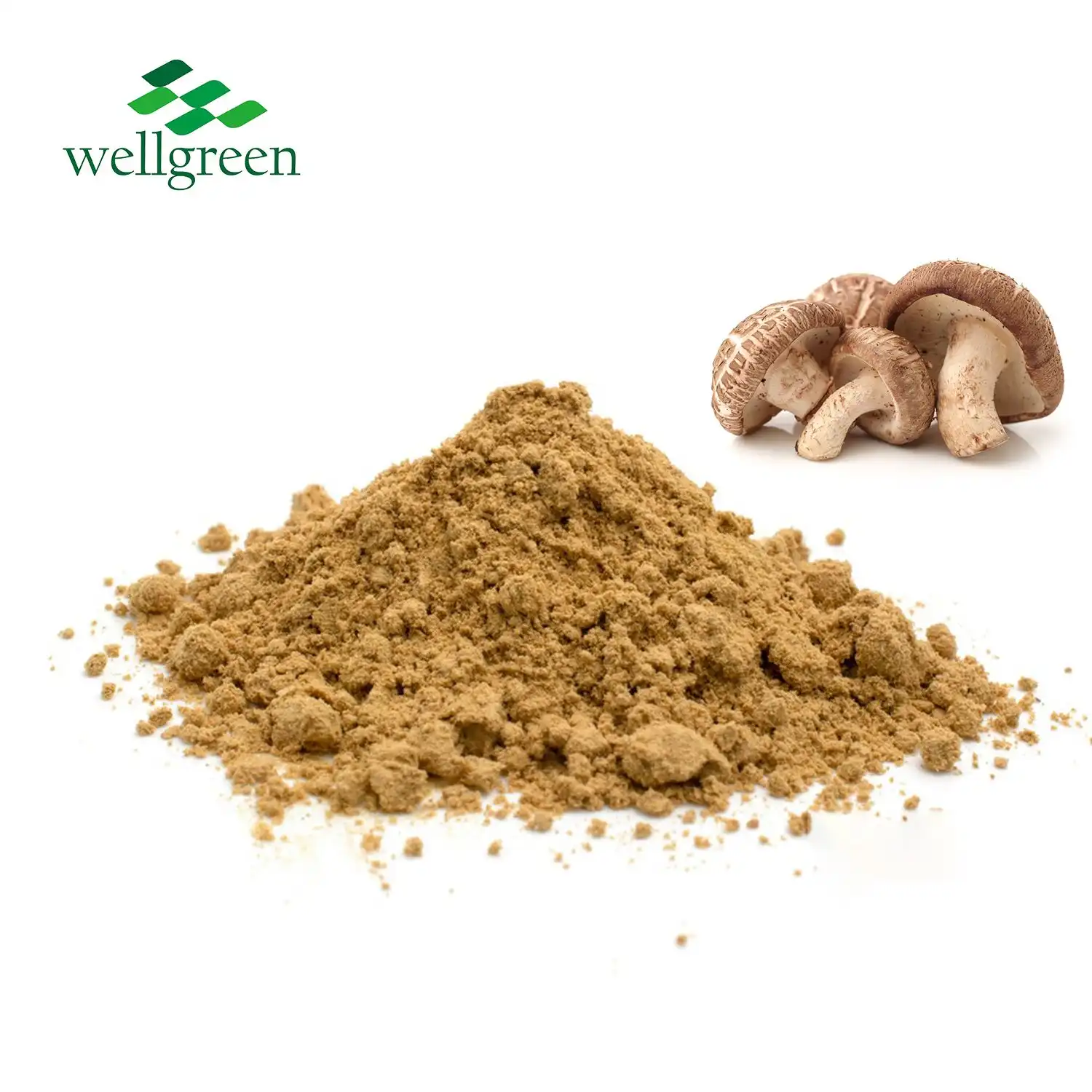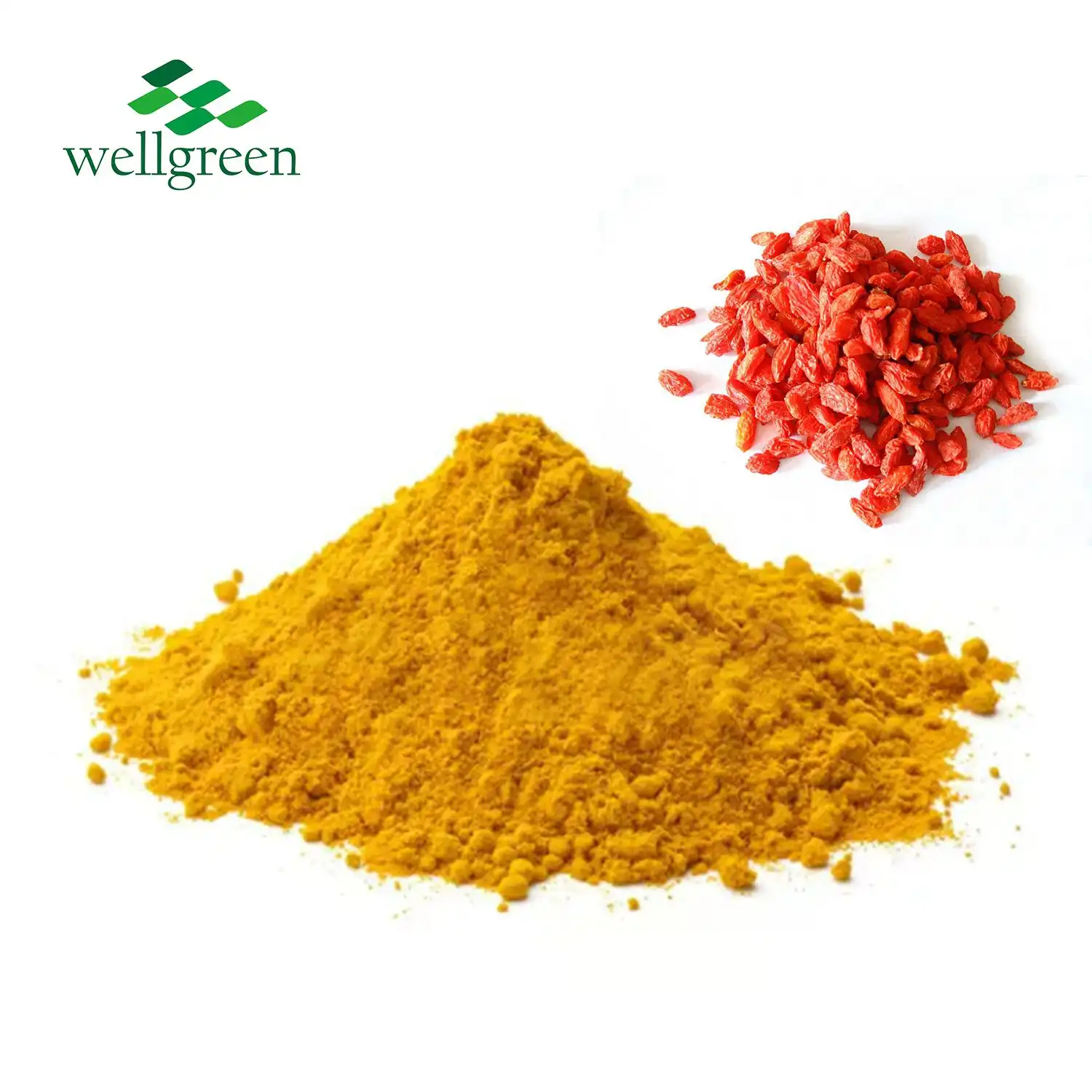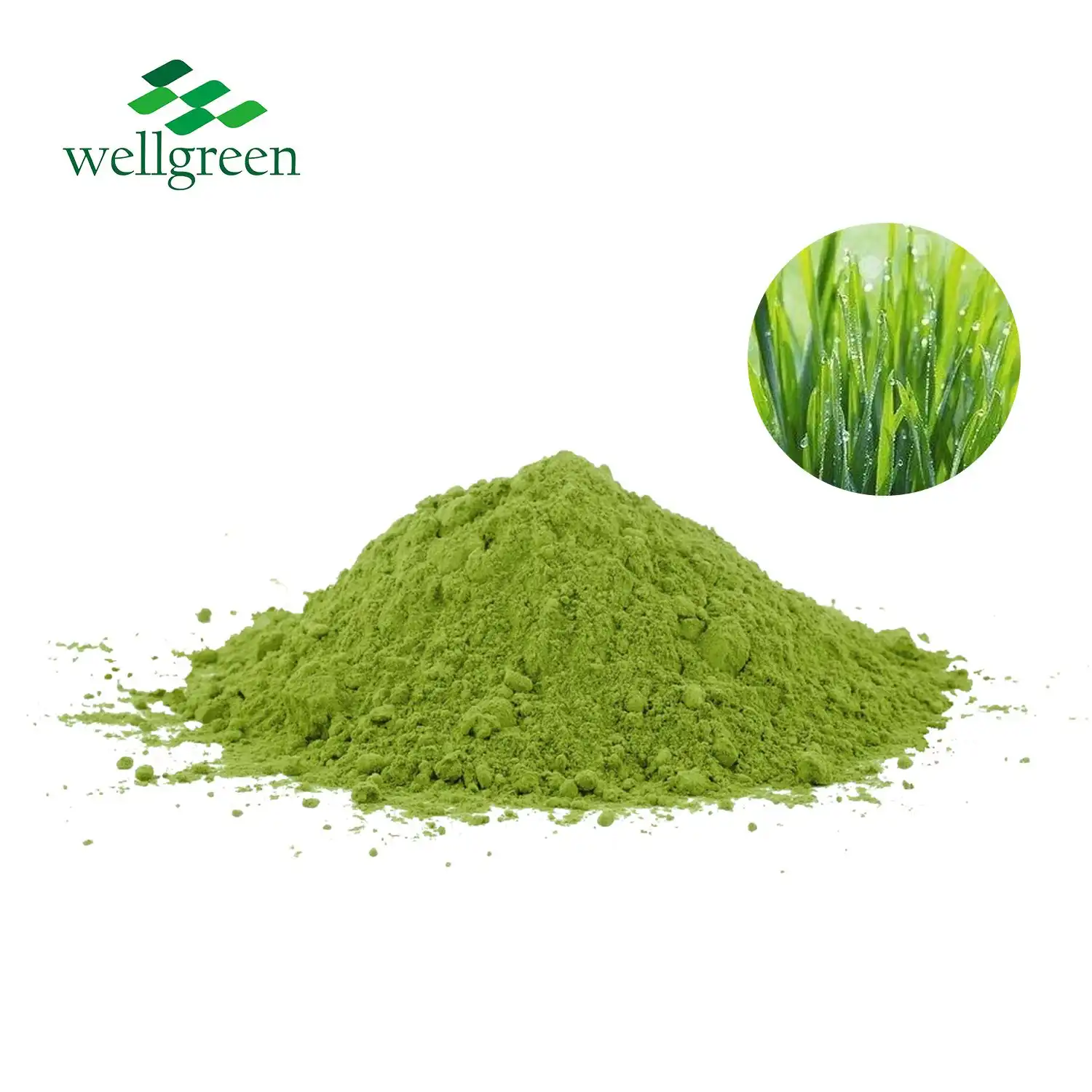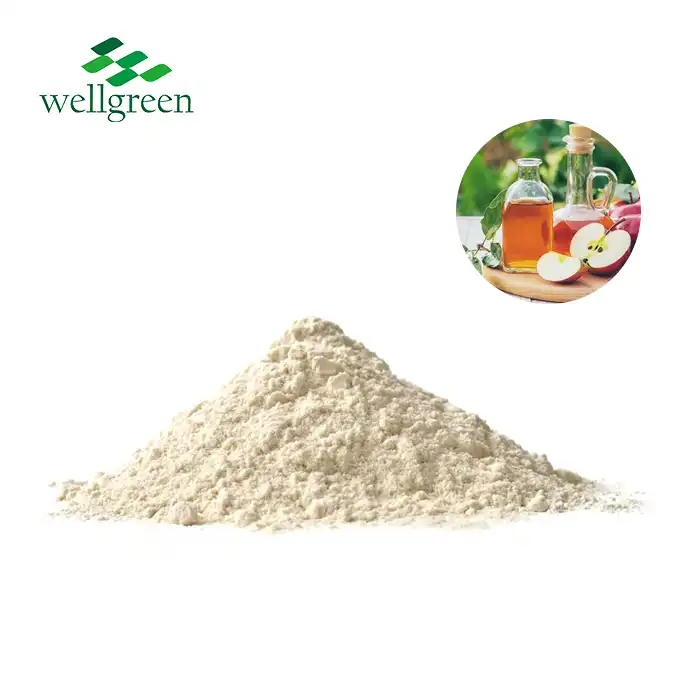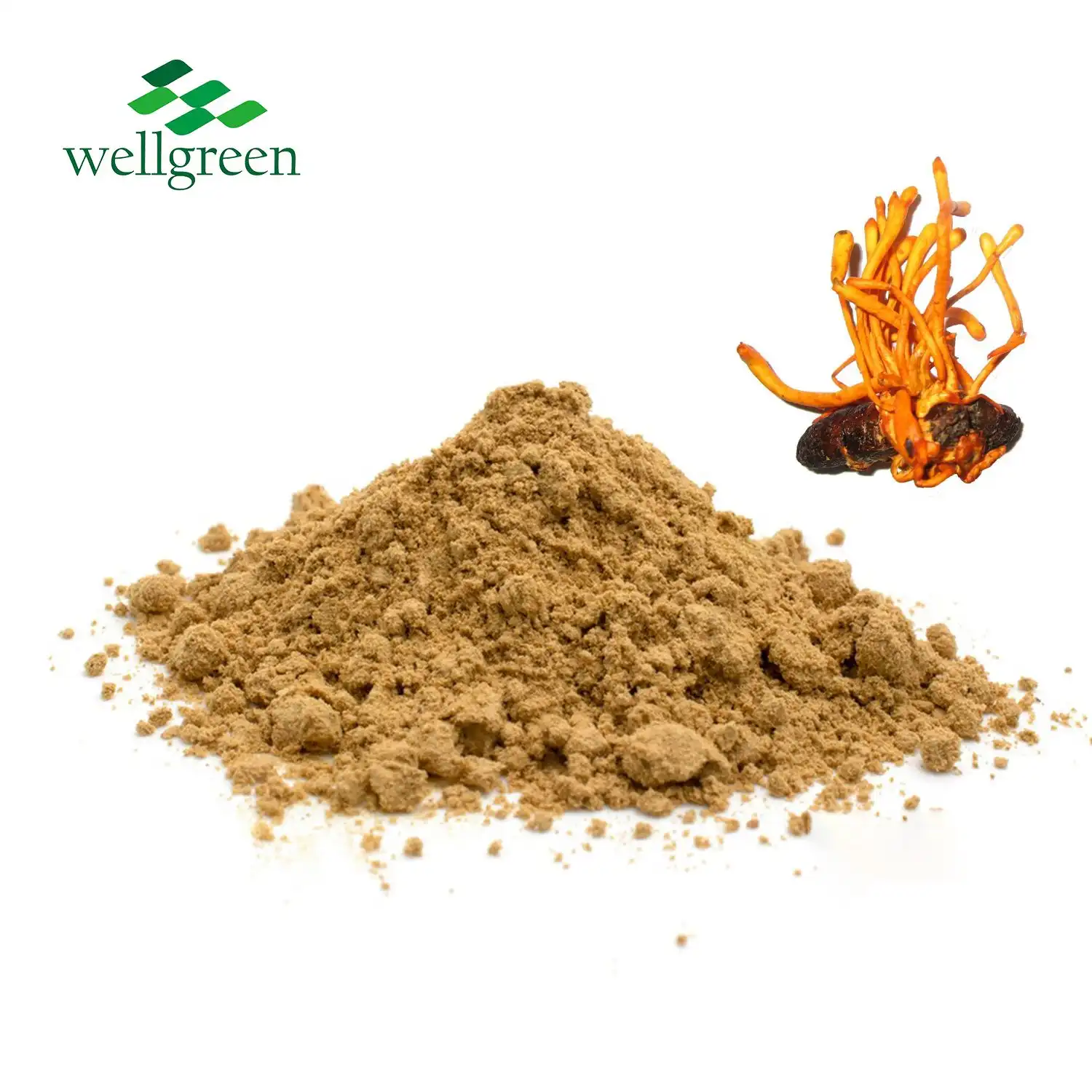Can Kelp Extract Support Thyroid Health?
2025-07-14 13:31:42
Kelp extract has garnered significant attention for its potential to support thyroid health. Rich in iodine, a crucial nutrient for thyroid function, kelp extract offers a natural way to maintain optimal thyroid performance. Studies suggest that the iodine content in kelp extract may help regulate thyroid hormone production, potentially benefiting individuals with thyroid imbalances. However, it's important to note that while kelp extract shows promise, its effects can vary among individuals. Consulting with a healthcare professional before incorporating kelp extract into your wellness routine is advisable, especially for those with pre-existing thyroid conditions. As we delve deeper into the topic, we'll explore the multifaceted relationship between kelp extract and thyroid health, uncovering its potential benefits and considerations.

The Nutritional Profile of Kelp Extract
Iodine Content in Kelp Extract
Kelp extract is renowned for its exceptional iodine content. This essential mineral plays a pivotal role in thyroid hormone synthesis, making kelp extract a potentially valuable supplement for thyroid health. The iodine concentration in the product can vary depending on harvesting conditions and processing methods, but it generally provides a substantial amount of this vital nutrient. It's worth noting that the bioavailability of iodine from kelp extract is typically high, allowing for efficient absorption by the body.
Other Beneficial Compounds in Kelp Extract
While iodine is the star player in kelp extract's thyroid-supporting properties, it's not the only beneficial compound present. The product also contains a myriad of other nutrients that may contribute to overall health. These include vitamins A, C, and E, which act as potent antioxidants, protecting cells from oxidative stress. Additionally, kelp extract provides minerals such as calcium, magnesium, and iron, which are essential for various bodily functions. The presence of unique polysaccharides, like fucoidan, further enhances the nutritional profile of the product, potentially offering anti-inflammatory and immune-modulating effects.
Comparing Kelp Extract to Other Iodine Sources
When considering iodine supplementation, it's crucial to evaluate how kelp extract stacks up against other sources. Compared to iodized salt, kelp extract powder offers a more concentrated and natural form of iodine. Unlike synthetic iodine supplements, organic kelp extract provides this mineral in a food-based matrix, which some experts believe may enhance its absorption and utilization by the body. However, it's important to note that the iodine content in kelp extract can be variable, necessitating careful dosage consideration to avoid excessive intake.
Mechanisms of Kelp Extract's Impact on Thyroid Function
Iodine's Role in Thyroid Hormone Production
The primary mechanism through which it supports thyroid health is by providing iodine, a critical component in thyroid hormone synthesis. The thyroid gland uses iodine to produce thyroxine (T4) and triiodothyronine (T3), hormones that regulate metabolism, growth, and development. When iodine intake is sufficient, as potentially provided by kelp extract, the thyroid can maintain optimal hormone production. This balance is crucial for preventing conditions like hypothyroidism, where inadequate hormone production can lead to a range of symptoms including fatigue, weight gain, and cognitive issues.
Antioxidant Effects on Thyroid Tissue
Beyond its iodine content, kelp extract may support thyroid health through its antioxidant properties. The thyroid gland is particularly susceptible to oxidative stress due to its high metabolic activity. The antioxidants present in kelp extract, such as vitamins C and E, along with unique compounds like fucoxanthin, may help protect thyroid tissue from free radical damage. This protective effect could potentially contribute to the long-term health and function of the thyroid gland, although more research is needed to fully elucidate this mechanism.
Potential Modulation of Thyroid Autoimmunity
Emerging research suggests that certain compounds in kelp extract may have immunomodulatory effects, which could be relevant for thyroid autoimmune conditions like Hashimoto's thyroiditis. Fucoidan, a complex polysaccharide found in kelp, has shown promise in modulating immune responses in preclinical studies. While the direct impact on thyroid autoimmunity requires further investigation, this aspect of kelp extract opens up intriguing possibilities for supporting thyroid health beyond simple iodine supplementation. It's important to approach this potential benefit with caution, as the effects of kelp extract on autoimmune conditions can be complex and individualized.

Considerations and Precautions When Using Kelp Extract for Thyroid Health
Appropriate Dosage and Potential for Iodine Excess
While kelp extract can be a valuable source of iodine for thyroid health, determining the appropriate dosage is crucial. The iodine content in kelp extract can vary significantly, and excessive iodine intake can paradoxically lead to thyroid dysfunction. It's essential to work with a healthcare provider to establish a suitable dosage based on individual needs and current thyroid function. For some individuals, even small amounts of additional iodine from the product may be sufficient, while others may require more. Regular monitoring of thyroid hormone levels is advisable when supplementing with kelp extract to ensure optimal thyroid function and prevent iodine-induced thyroid disorders.
Interactions with Medications and Pre-existing Conditions
Kelp extract may interact with certain medications, particularly those used to treat thyroid conditions. For individuals taking thyroid hormone replacement therapy, the additional iodine from kelp extract could potentially interfere with the medication's effectiveness. Moreover, those with pre-existing thyroid conditions, such as Graves' disease or thyroid nodules, should exercise caution when considering kelp extract supplementation. The high iodine content could exacerbate these conditions in some cases. It's imperative to consult with a healthcare provider before incorporating the product into your regimen, especially if you have a history of thyroid issues or are taking thyroid-related medications.
Quality and Purity Concerns in Kelp Extract Products
The quality and purity of kelp extract products can vary significantly, which is a crucial consideration for those seeking to support thyroid health. Kelp, as a marine organism, can accumulate heavy metals and other contaminants from its environment. Therefore, choosing a high-quality, organic kelp extract from a reputable manufacturer is paramount. Look for products that have been tested for contaminants and provide clear information about their iodine content. Additionally, consider the form of kelp extract – powders, capsules, or liquid extracts may have different bioavailability and concentration levels. Opting for a standardized kelp extract powder can ensure more consistent dosing and potentially better quality control.
Conclusion
Kelp extract shows promising potential in supporting thyroid health, primarily due to its rich iodine content and additional beneficial compounds. Its ability to provide a natural source of iodine, coupled with antioxidant and potentially immunomodulatory effects, makes it an intriguing option for those looking to maintain optimal thyroid function. However, the use of the product for thyroid health is not without considerations. Proper dosage, awareness of potential interactions, and careful selection of high-quality products are crucial. As with any supplement, individual responses can vary, and it's essential to approach the product use under the guidance of a healthcare professional, especially for those with existing thyroid conditions.
Contact Us
For more information about our high-quality kelp extract powder and other natural plant extracts, please contact us at wgt@allwellcn.com. Our team of experts is ready to assist you in finding the right solutions for your health and wellness needs.
References
1. Brown, A. C., & Arthur, J. R. (2001). Iodine, thyroid function and health: The role of kelp. Nutrition Reviews, 59(12), 363-369.
2. Teas, J., Braverman, L. E., Kurzer, M. S., Pino, S., Hurley, T. G., & Hebert, J. R. (2007). Seaweed and soy: Companion foods in Asian cuisine and their effects on thyroid function in American women. Journal of Medicinal Food, 10(1), 90-100.
3. Markou, K. B., Georgopoulos, N. A., Makri, M., Vlasopoulou, B., Anastasiou, E., Vagenakis, G. A., ... & Vagenakis, A. G. (2001). Iodine deficiency in Azerbaijan after the discontinuation of an iodine prophylaxis program: reassessment of iodine intake and goiter prevalence in schoolchildren. Thyroid, 11(12), 1141-1146.
4. Zimmermann, M. B., & Boelaert, K. (2015). Iodine deficiency and thyroid disorders. The Lancet Diabetes & Endocrinology, 3(4), 286-295.
5. Bocanegra, A., Bastida, S., Benedí, J., Ródenas, S., & Sánchez-Muniz, F. J. (2009). Characteristics and nutritional and cardiovascular-health properties of seaweeds. Journal of Medicinal Food, 12(2), 236-258.
6. Leung, A. M., & Braverman, L. E. (2014). Consequences of excess iodine. Nature Reviews Endocrinology, 10(3), 136-142.

